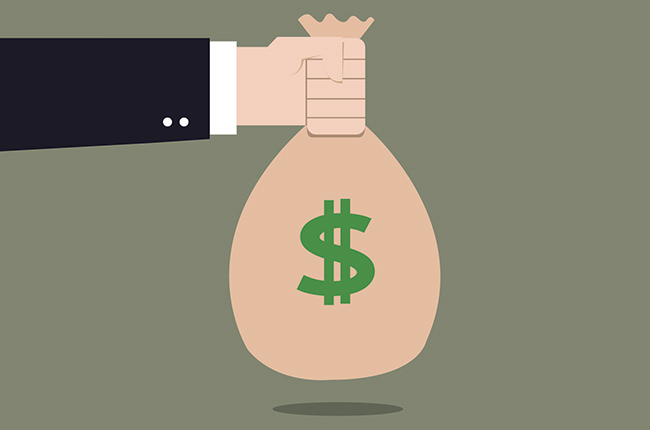The law firm handling Cracker frontman David Lowery’s class action suit against Spotify has offered up an FAQ for songwriters and publishers ahead of an imminent settlement between the streaming service and the National Music Publishers Association, or NMPA. The rub? Little is known about the proposed deal, from its dollar amount to how it would be processed, so think hard — and call your legal rep, obviously — before opting in.
First, a little background on the NMPA settlement. As previously reported, the deal is said to involve a payment of $5 million in damages as well as mechanical royalties owed to publishers, smaller companies and songwriters who publish their own work. Sources have told Billboard that a database would be established as publishers file their royalty claims and that after publishers match their claims against play counts, the NMPA would dole out payment to publishers according to that accounting. Any money left over after those claims, with the addition of the $5 million penalty, would then be distributed to publishers according to market share.
Alternately, the $150 million class-action brought by Lowery, one of the loudest voices in the effort to ensure streaming services pay mechanical royalties accurately, is still in the proposal stage. In a few weeks a judge will decide whether to consolidate Lowery’s suit with a second class-action against Spotify, filed by singer-songwriter Melissa Ferrick.
Back to the FAQ sheet, written by Mona Hanna of Michelman & Robinson, LLP. In it, Hanna addresses common questions about the NMPA settlement and its “potential ramifications” as it also pertains to the class-action suit. She points out that settlement is being hammered out in secret and that the NMPA’s role is to shepherd it through — and then recommend it to its members. Those who sign on are being asked to trust the brokers without following along with the details as they unfold. If that doesn’t sound good to you, there’s this class-action suit Hanna wants to tell you about.
“It is impossible to determine the true benefit to songwriters because the settlement negotiations between NMPA and Spotify have been conducted without Court oversight,” Hanna writes. “In stark contrast, a class action settlement requires the class counsel — the attorneys representing the songwriters — to submit the settlement terms to a Court and provide the Court with evidence that the settlement was reached in an arms-length transaction.”
Hanna also warns that if publishers/songwriters accept the NMPA settlement, they’ll likely be barred from being a part of this (and possibly future) class action against Spotify. “If you accept the settlement that NMPA has negotiated, you will not be able to recover any monetary sum from the $150 Million class action suit against Spotify,” she notes. “In addition, you will likely be required to waive any claims you have, or will have, against Spotify, eliminating your ability to sue them in the future.”
As to whether the Spotify settlement is similar to the NMPA-brokered deal with YouTube in 2011, Hanna points out that that was part of a class action and approved by an independent court. Read the full FAQ and get more details on the class-action here.
Source: www.billboard.com




